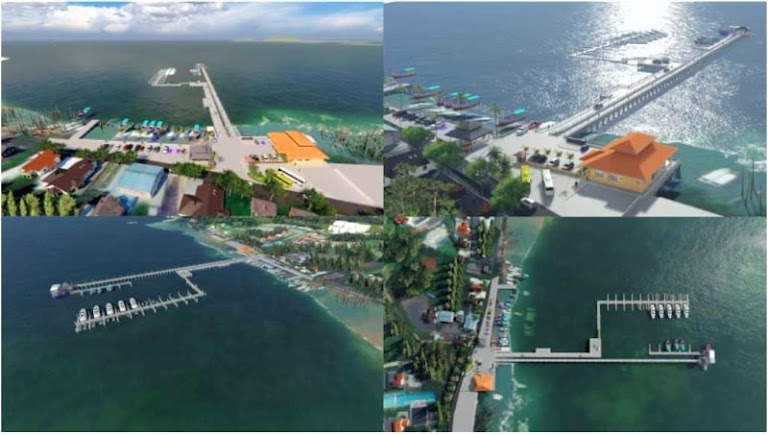Phuket’s Maritime Hub Aims to Connect Thailand to Global Routes.
Phuket’s “Maritime Hub” aims to connect Thailand to global yachting routes, testing the balance between economy and local community benefit.

The allure of the Andaman Sea, with its turquoise waters and dramatic limestone cliffs, has long fueled Thailand’s tourism ambitions. Now, a new initiative—the proposed “Baan Yamu Community Marina” in Phuket—exemplifies the complex dance between economic development, community needs, and environmental sustainability that defines much of the global South.
The project, detailed in these recent findings, isn’t simply about building a marina. It’s envisioned as a “Maritime Hub” to support marine tourism and logistics across the Andaman region, explicitly aiming to connect Thailand to international yachting and cruise ship routes. This represents a strategic bet on the expanding global leisure economy, a sector with the potential for significant economic benefits, but one that also brings a host of challenges.
The project highlights the inherent tensions in “inclusive development.” While officials emphasize that the marina will be a “shared resource” benefiting local communities, including small-scale fishers and vendors, the underlying drive is clearly to attract higher-end tourism and streamline logistics. Can these goals be truly aligned?
Consider the competing interests at play:
- Economic Growth vs. Environmental Impact: Increased maritime traffic inevitably leads to noise pollution, waste management issues, and potential damage to fragile marine ecosystems. The Initial Environmental Examination (IEE) aims to address these concerns, but the long-term ecological footprint remains a key unknown.
- Local Benefit vs. Foreign Investment: While the rhetoric focuses on community upliftment, the primary beneficiaries of expanded tourism and improved logistics infrastructure are often large-scale investors and international corporations. Ensuring that local communities genuinely benefit requires careful policy design and robust enforcement mechanisms.
- Expediency vs. Consultation: The Transport Ministry’s directive to “expedite” maritime projects, while understandable given the desire for economic stimulus, raises concerns about the thoroughness of community consultation and environmental assessment. Rushed projects often lead to unintended consequences and exacerbate existing inequalities.
The “Baan Yamu Community Marina” is part of a larger push, with nearly B850 million earmarked for a network of pier upgrades across Phuket, Phang Nga, and Krabi. These upgrades, including work on the Ao Por Ferry Pier, Manoh Pier, and Chong Lard Pier, aim to create a seamless maritime connection—the “Andaman Triangle.” The stated goal is to cut travel times and boost tourism, but the devil will be in the details of how these projects are implemented and managed.
“The promise of economic development often hinges on a delicate balance between attracting capital and protecting the well-being of the communities who call these places home. The true test of success will be whether the Baan Yamu marina can genuinely serve as a catalyst for inclusive growth, or whether it simply becomes another example of development that benefits a select few at the expense of many.”
Ultimately, the Baan Yamu marina serves as a microcosm of the broader challenges facing developing economies worldwide. Can they harness the potential of global tourism and trade while safeguarding their environment and ensuring equitable distribution of benefits? The answer, as always, lies in the policies they adopt and the priorities they pursue. The public consultations currently underway are a crucial first step, but ongoing monitoring and adaptive management will be essential to realizing the promise of sustainable and inclusive development.









